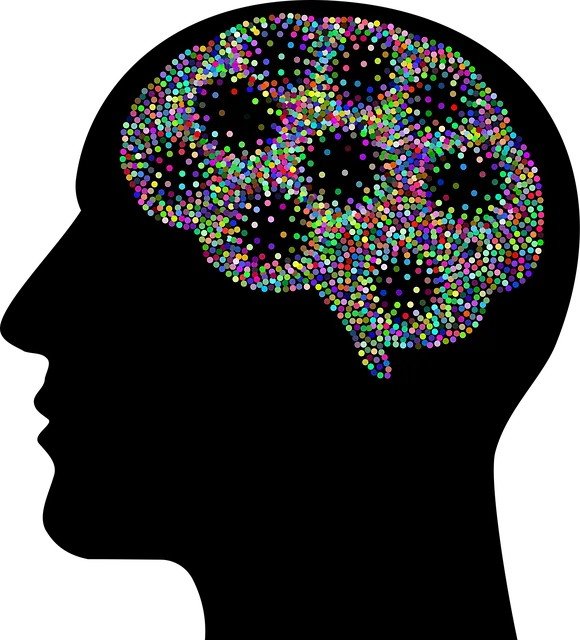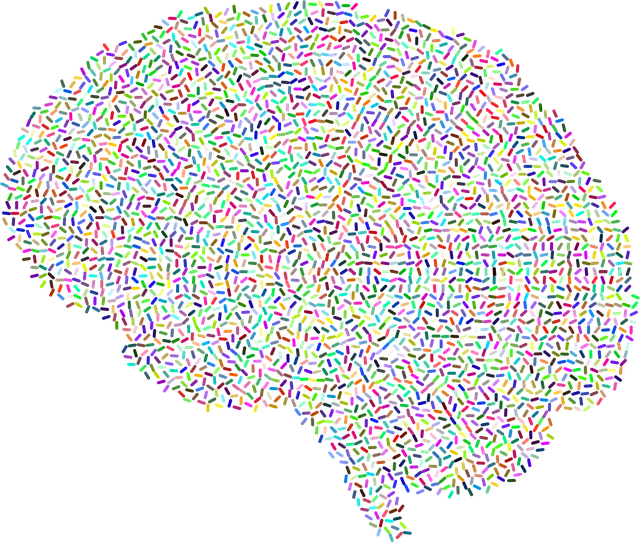The Golden Kaiser Permanente mental health facility prioritizes safety and well-being through comprehensive risk assessment tools, robust staff training, and evidence-based practices. By gathering detailed patient histories, integrating empathy-building techniques, and regularly reviewing mental wellness journals, they anticipate and manage risks effectively. Their data-driven approach to continuous improvement has led to innovative initiatives like enhanced risk management planning and stress management workshops, fostering a supportive environment for both patients and professionals and improving outcomes across the board.
In the dynamic landscape of mental healthcare, risk assessment is paramount for ensuring patient safety. This article explores comprehensive strategies through the lens of Golden Kaiser Permanente, a trailblazing mental health facility renowned for standardizing practices. We delve into the critical components of a robust risk assessment protocol, highlighting continuous improvement initiatives and real-world case studies from within the Golden Kaiser Permanente mental health facility. Understanding these elements is key to fostering secure and effective treatment environments.
- Understanding Risk Assessment in Mental Health Settings
- The Role of Golden Kaiser Permanente in Standardizing Practices
- Key Components of a Comprehensive Risk Assessment Protocol
- Continuous Improvement and Case Studies from the Facility
Understanding Risk Assessment in Mental Health Settings

In mental health settings, risk assessment is a crucial process aimed at identifying and mitigating potential risks to patients and healthcare providers alike. This involves a comprehensive evaluation of various factors that could pose hazards within the therapeutic environment. At renowned facilities like the Golden Kaiser Permanente mental health facility, professionals utilize robust risk assessment tools to create safe spaces for healing. By understanding patient histories, current presentations, and potential triggers, they can anticipate and respond effectively to challenges such as suicidal ideation, violence, or sudden behavioral changes.
The process is not merely about identifying vulnerabilities but also fostering resilience building and promoting anxiety relief through structured interventions. Organizations like the Golden Kaiser Permanente prioritize stress management workshops and similar initiatives to equip both patients and staff with coping mechanisms. These proactive measures contribute to a positive therapeutic culture, ensuring that everyone involved can navigate challenging situations with enhanced emotional well-being and improved outcomes.
The Role of Golden Kaiser Permanente in Standardizing Practices

Golden Kaiser Permanente stands as a beacon in the mental health landscape, renowned for its commitment to standardizing practices within its facilities, including the Golden Kaiser Permanente mental health facility. This organization has recognized the critical need for consistent and high-quality care across diverse settings, leading the way in developing comprehensive guidelines and protocols. By implementing robust Mental Health Education Programs Design, they ensure that their staff are equipped with the latest research and evidence-based practices.
Moreover, Golden Kaiser Permanente’s focus on emotional well-being promotion techniques and crisis intervention guidance has significantly reduced risks associated with mental health care. Their systematic approach includes regular training sessions, peer support networks, and robust supervision structures. This proactive stance not only enhances patient outcomes but also fosters a resilient and supportive environment for mental health professionals, allowing them to navigate complex cases effectively while prioritizing their emotional well-being.
Key Components of a Comprehensive Risk Assessment Protocol

A comprehensive risk assessment for mental health professionals at facilities like the Golden Kaiser Permanente mental health facility should encompass several key components to ensure a thorough understanding of clients’ well-being. Firstly, gathering detailed personal and medical histories is imperative. This includes exploring past traumas, mental health diagnoses, medications, substance use, and any relevant social or familial dynamics. By delving into these aspects, professionals can identify potential risks and triggers that may impact a client’s current and future mental wellness.
Additionally, a robust assessment protocol should incorporate empathy-building strategies to foster open communication. This might involve active listening techniques, reflective listening, and encouraging clients to share their stories and concerns freely. Mental wellness journaling exercise guidance can also be integrated as a tool for self-reflection and monitoring mood management over time. Regularly reviewing these journals allows professionals to track progress, identify emerging issues, and adapt treatment plans accordingly, ultimately contributing to more effective support at the Golden Kaiser Permanente mental health facility.
Continuous Improvement and Case Studies from the Facility

The Golden Kaiser Permanente mental health facility stands out for its commitment to continuous improvement, incorporating case studies from its operations to refine and enhance its services. This proactive approach leverages real-world data to identify areas needing attention and develop targeted solutions. Through regular review and analysis of treatment outcomes, the facility ensures that practices remain evidence-based and aligned with best practices in mental health care.
Integrating insights from these case studies has led to innovative strategies, such as enhancing risk management planning for mental health professionals through Public Awareness Campaigns Development. Moreover, the facility organizes Stress Management Workshops to equip staff with tools to navigate challenging situations effectively. These initiatives not only contribute to a healthier work environment but also improve patient outcomes, reflecting Kaiser Permanente’s dedication to holistic mental healthcare delivery.
Mental health professionals face unique challenges that require robust risk assessment practices. As highlighted in this article, Golden Kaiser Permanente has played a pivotal role in standardizing and improving these protocols within its facilities. By implementing a comprehensive risk assessment protocol, mental health care providers can ensure patient safety while offering effective treatment. Continuous improvement, as demonstrated by case studies from the Golden Kaiser Permanente mental health facility, underscores the importance of staying vigilant and adapting to emerging risks in this dynamic field.






